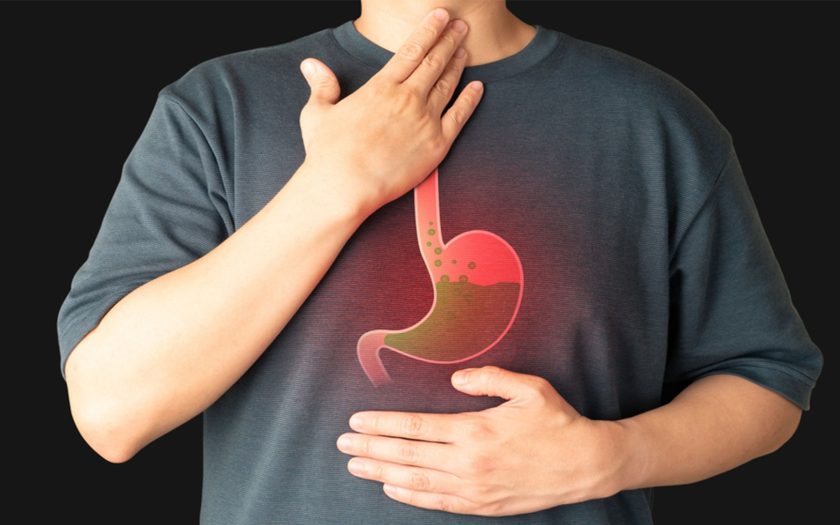-
Consume foods with healthy fats.
Healthy fats are recommended for healing esophageal damage for several reasons. First, they have anti-inflammatory properties, which are important in this condition. Second, fats help create a protective barrier on the walls of the esophagus, reducing contact with acids and speeding up recovery. In addition, they promote tissue healing, as they are an essential part of cell membranes, supporting the regeneration of esophageal cells. As a result, such foods help to speed up the reduction of unpleasant symptoms. Therefore, it is recommended including foods such as avocado, hazelnuts, fish and other sources of healthy fats in your diet.
-
Avoid consuming spicy foods.
When you consume such dishes, it has a negative effect on the nerve endings in the gullet, which can lead to symptoms of heartburn or other discomfort. As a result, the healing process of damaged tissues slows down significantly, and even simple daily eating habits can become painful. Therefore, for faster recovery, it is important to follow a diet that does not irritate the mucous membranes and allows the tissues to heal without additional strain. Choose dishes that are not too spicy and prepare foods that will help you feel better.
-
Attend yoga classes.
Yoga helps reduce stress levels, which is important since stress can worsen symptoms. The relaxation during yoga sessions helps alleviate tension in the body and calm the nervous system. Additionally, some yoga poses improve digestive system function by stimulating the abdominal organs, which in turn accelerates the healing process. Regular practice of asanas also promotes faster healing of damaged esophageal tissues, as blood circulation improves, delivering more oxygen and nutrients to the area. Set aside a few hours on Sundays for yoga, and you can prevent further complications while strengthening your digestive system. Just be cautious when performing asanas to avoid injury, and initially practice under the guidance of a specialist.
-
React calmly to unpleasant situations.
When you’re stressed or anxious, you may further irritate an already damaged esophagus. As a result, some symptoms may worsen, which delays the healing process. A calm response to stressful situations helps lower stress hormone levels, which can also impact acid production in the stomach. When your state becomes more stable, your stomach starts functioning more smoothly, and less acidic fluid enters the esophagus. This allows the damaged tissues to heal faster without additional complications. Moreover, a calm state helps a person better control their emotions and make more informed decisions regarding diet and lifestyle. For example, in a stressful state, a person may be more prone to bad habits such as overeating or consuming unhealthy foods, which complicate the healing process and worsen the condition of the gullet. When a person calms down, they become more mindful and cautious in their choices, which promotes faster recovery.
-
Avoid extremely hot or cold beverages.
Cold and hot drinks can further irritate the mucous membrane of the esophagus. Hot drinks can burn the damaged tissues, hindering their healing, while cold drinks may cause spasms that increase discomfort. Temperature fluctuations can also increase stomach acid production, worsening the condition and potentially causing new pain or heartburn. Therefore, it is important to drink beverages at a comfortable, warm, or room temperature to avoid putting additional strain on the esophagus and allow it to heal properly.
Additionally, for faster recovery, it is crucial to follow all the specialist’s recommendations, as the doctor prescribes treatment (such as Losec, Omeprazole Actavis, Omezol Relief) that specifically addresses the individual’s condition.

